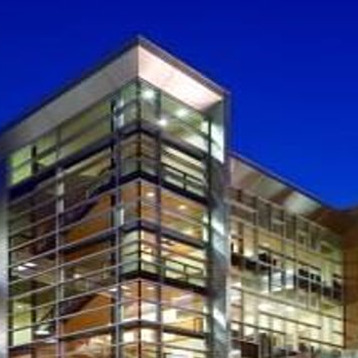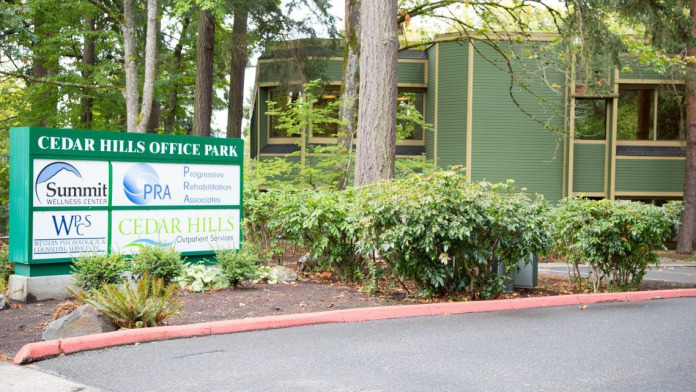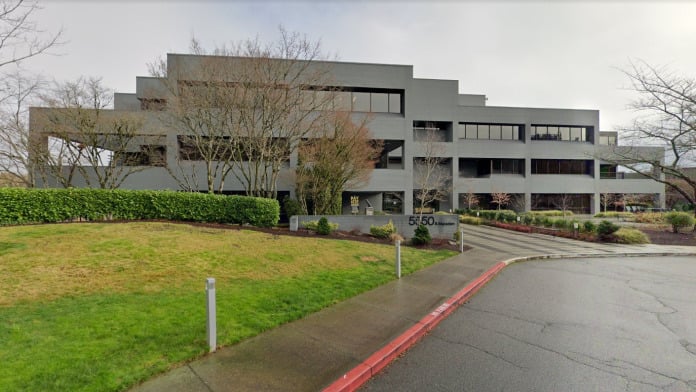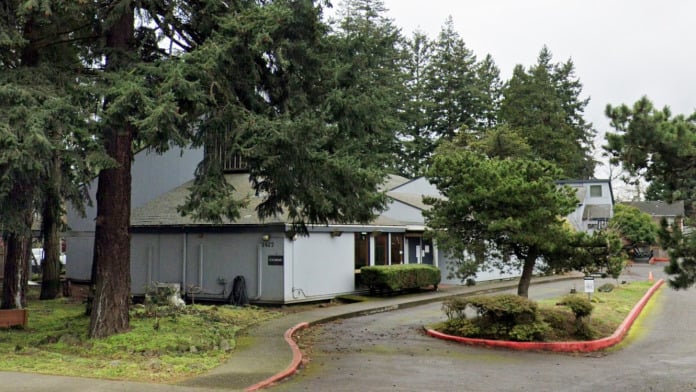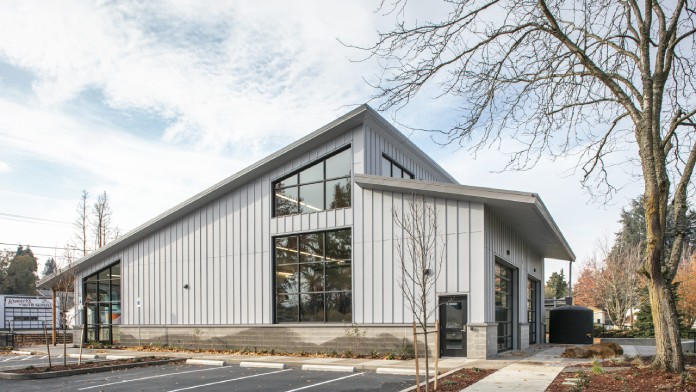About Northwest Deaf Addiction Center – Closed
Northwest Deaf Addiction Center, operated by Lifeline Connections, was an essential part of the Vancouver, Washington, community. They offered inpatient and outpatient addiction treatment to clients from the Deaf and hard of hearing community. The center closed in December 2009.
Why This Center Mattered So Much
Individuals in the Deaf community who need help with substance use are often left out because specialized care isn’t often available. Cleve Thompson, who oversaw drug and alcohol programs in Clark County, said that before this center’s opening, “deaf addicts seeking treatment had almost a 100 percent failure rate.” Having a place where people could communicate fully and be understood wasn’t just helpful, it was the difference between recovery and being lost in the system.
A Place to Start Fresh with Outpatient Detox
In the inpatient treatment program, the center had room for just 16 people at a time, but those beds meant everything to the men and women who stayed there. It offered a chance at recovery for adults 18 and up, with support that met them where they were. Graduates often shared how deeply the center changed their lives.
Outpatient detox services gave Deaf clients a way to get help without leaving their daily lives behind. The Vine bus line made it easy to reach the center, no matter where someone was coming from in Vancouver. After the center closed, many worried there wouldn’t be another place as reachable, or as ready to support the hard of hearing community in recovery.
A Lasting Impact for the Recovery Community
Closing the Northwest Deaf Addiction Center was a really tough decision. Lynn Samuelson, who led the agency behind it, called the financial crunch “a horrible situation” for a group with unique needs.
The graduates of the program have helped to create a thriving recovery community. Today, anyone from the Deaf community can attend signed 12-step meetings. That was unheard of just eight years ago.
Latest Reviews
Rehab Score
Location
Other Forms of Payment
Addiction Treatments
Levels of Care
Outpatient Programs (OP) are for those seeking mental rehab or drug rehab, but who also stay at home every night. The main difference between outpatient treatment (OP) and intensive outpatient treatment (IOP) lies in the amount of hours the patient spends at the facility. Most of the time an outpatient program is designed for someone who has completed an inpatient stay and is looking to continue their growth in recovery. Outpatient is not meant to be the starting point, it is commonly referred to as aftercare.
12-step programs are addiction recovery models based on Alcoholics Anonymous (AA). A number of substance abuse programs (including some drug and alcohol rehab centers) use the 12 steps as a basis for treatment. Beginning steps involve admitting powerlessness over the addiction and creating a spiritual basis for recovery. Middle steps including making direct amends to those who've been hurt by the addiction, and the final step is to assist others in addiction recovery in the same way. 12-Step offshoots including Narcotics Anonymous (NA), Cocaine Anonymous (CA), Dual Recovery Anonymous (DRA), Sex and Love Addicts Anonymous (SLAA) and Gamblers Anonymous (GA).
Completing a drug or alcohol rehab program shouldn't spell the end of substance abuse treatment. Aftercare involves making a sustainable plan for recovery, including ongoing support. This can include sober living arrangements like halfway houses, career counseling, and setting a patient up with community programs like Alcoholics Anonymous (AA) or Narcotics Anonymous (NA).
Treatments
The goal of treatment for alcoholism is abstinence. Those with poor social support, poor motivation, or psychiatric disorders tend to relapse within a few years of treatment. For these people, success is measured by longer periods of abstinence, reduced use of alcohol, better health, and improved social functioning. Recovery and Maintenance are usually based on 12 step programs and AA meetings.
Effective drug rehab in Washington integrates care for the whole person, offering comprehensive solutions to addiction. Treatment methods address mental, physical, and relational aspects of substance abuse.
Substance rehabs focus on helping individuals recover from substance abuse, including alcohol and drug addiction (both illegal and prescription drugs). They often include the opportunity to engage in both individual as well as group therapy.
Programs
Adult rehab programs include therapies tailored to each client's specific needs, goals, and recovery progress. They are tailored to the specific challenges adult clients may face, including family and work pressures and commitments. From inpatient and residential treatment to various levels of outpatient services, there are many options available. Some facilities also help adults work through co-occurring conditions, like anxiety, that can accompany addiction.
Young adulthood can be an exciting, yet difficult, time of transition. Individuals in their late teens to mid-20s face unique stressors related to school, jobs, families, and social circles, which can lead to a rise in substance use. Rehab centers with dedicated young adult programs will include activities and amenities that cater to this age group, with an emphasis on specialized counseling, peer socialization, and ongoing aftercare.
Clinical Services
Group therapy is any therapeutic work that happens in a group (not one-on-one). There are a number of different group therapy modalities, including support groups, experiential therapy, psycho-education, and more. Group therapy involves treatment as well as processing interaction between group members.
Amenities
-
Residential Setting
-
Private Setting




